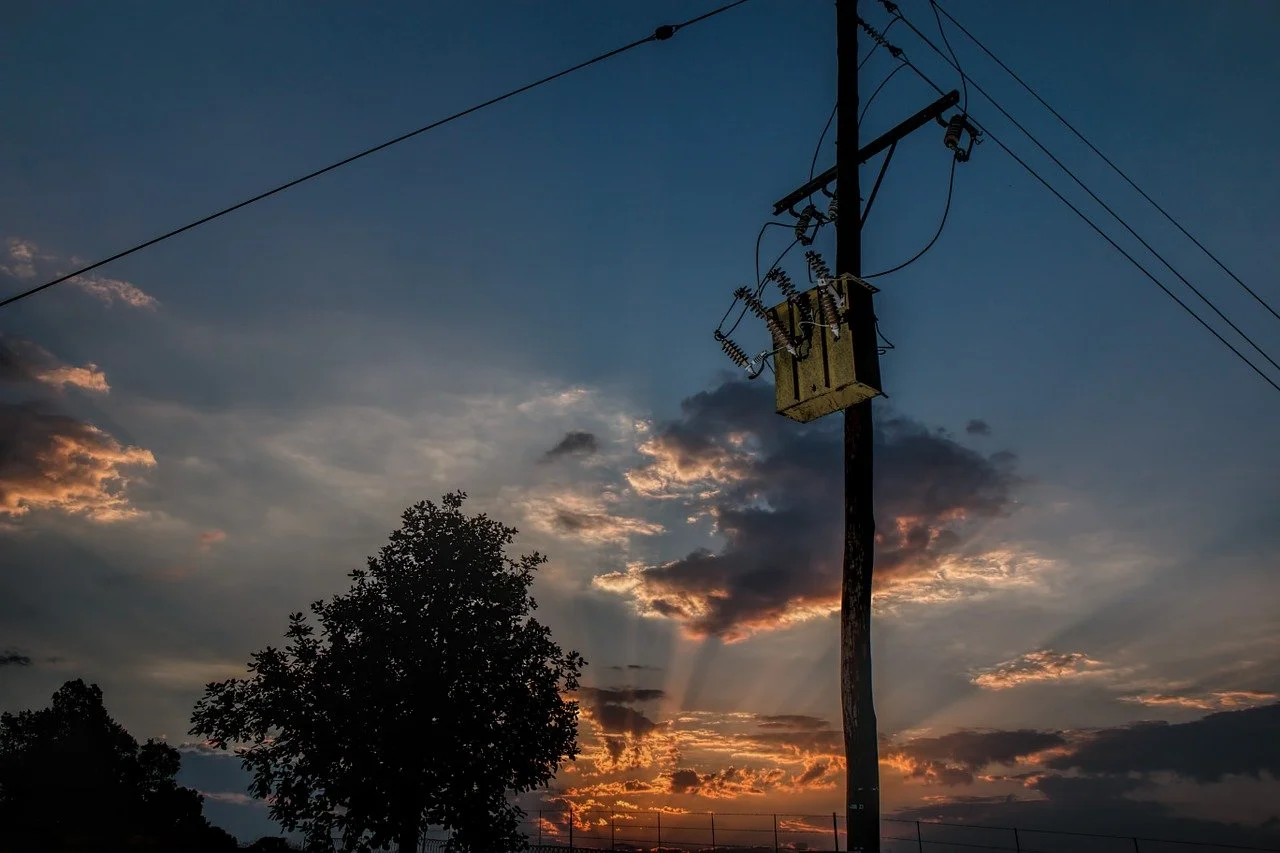Texas weather can be unpredictable and extremes can result in electrical power going out unexpectedly. These outages can impact the whole community and economy. Preparation is key to safely riding out the next power outage.
Preparing for a Power Outage
Take an inventory of the items you need that rely on electricity. Plan for batteries and other alternative power sources to meet your needs when the power goes out, such as a portable charger or power bank. Have flashlights for every household member. Determine whether your home phone will work in a power outage and how long battery backup will last.
Know Your Medical Needs
Talk to your medical provider about a power outage plan for medical devices powered by electricity and refrigerated medicines. Find out how long medication can be stored at higher temperatures and get specific guidance for any medications that are critical for life.
Food Storage
Have enough nonperishable food and water. Keep freezers and refrigerators closed. The refrigerator will keep food cold for about four hours. A full freezer will keep the temperature for about 48 hours. Use coolers with ice if necessary. Monitor temperatures with a thermometer. Throw out food if the temperature is 40 degrees or higher.
Generator Safety
Many homeowners have a generator on stand-by for power outages. Here are a few basic reminders related to generators.
Remember misuse of generators can have serious outcomes.
Never run a generator in an enclosed space or indoors. Most generator-related injuries and deaths involve CO poisoning from generators used indoors or in partially enclosed spaces. Always place the generator at least 15 feet from the house and away from doors and windows.
Don’t run a portable generator in the rain. The exception is if you cover and vent it.
Before refueling, turn off a gasoline-powered generator and let it cool.
Stock up on extra gasoline and store it properly. Adding stabilizer to the gas in the can will help it last longer, but don’t store gasoline near any potential sources of heat or fire, or inside the house.
Avoid electrical hazards. If you don’t yet have a transfer switch, you can use the outlets on the generator if you follow certain precautions. It’s best to plug in appliances directly to the generator using only an undamaged properly rated extension cord.
Install a transfer switch before the next storm. A transfer switch connects the generator to your circuit panel and lets you power hardwired appliances while avoiding the glaring safety risk of using extension cords.
Don’t attempt to backfeed your house. Backfeeding means trying to power your home’s wiring by plugging the generator into a wall outlet. This reckless and dangerous practice presents an electrocution risk to utility workers and neighbors served by the same utility transformer.


